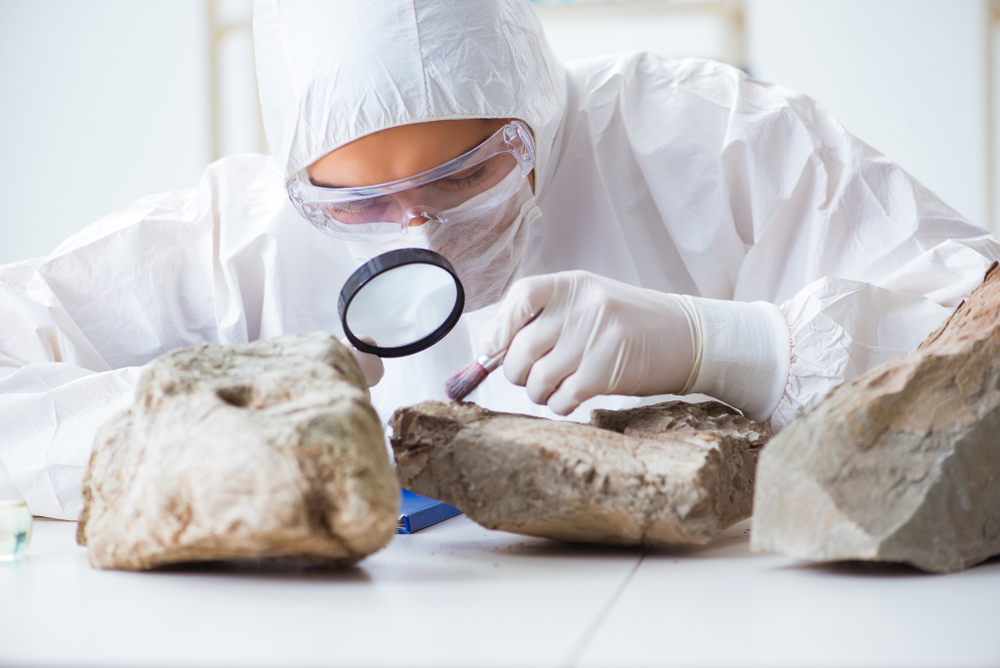Even though the year 2020 was a year of chaos for many of us, scientists worldwide have continued to find astonishing breakthroughs. Now that we’ve closed the year, let’s look back at five fascinating findings you might have missed.

1. Astronomers see a hint of life on Venus
In September, scientists announced the discovery of a possibility of life on Venus. Two telescopes based in Chile and Hawaii spotted in Venus’ clouds the chemical signature of phosphine, a harmful gas that is only associated with life on Earth. After studying many potential scenarios, the researcher could not provide another explanation for the phosphine in Venus’ clouds other than life on the planet.
The astronomers hypothesize a scenario for how life could exist on the inhospitable planet where temperatures on the surface are around 800 degrees (425 degrees Celsius) with no water.
Continue reading here: https://app.zendy.io/title/20958

2. Reef taller than the Empire State Building
In October, scientists discovered a massive detached coral reef at 500m (1,640ft) high, taller than New York’s Empire State of Building. Scientists on a 12-month mission found the structure, detached from the Great Barrier Reef.
“This unexpected discovery affirms that we continue to find unknown structures and new species in our ocean,” Wendy Schmidt, co-founder of Schmidt Ocean Institute, said in a statement. “The state of our knowledge about what’s in the ocean has long been so limited. Thanks to new technologies that work as our eyes, ears and hands in the deep ocean, we have the capacity to explore like never before. New oceanscapes are opening to us, revealing the ecosystems and diverse life forms that share the planet with us.”
Continue reading here: https://app.zendy.io/title/21238
3. Plastic eating bacteria
Researchers in Germany identified a new bacterium that feeds on polyurethane, a kind of plastic that is difficult to recycle or destroy. Many polyurethane-based products can release hazardous chemicals into the environment, but researchers discovered that this bacterium could produce enzymes capable of breaking down the material.
This finding could provide a much-needed recycling solution for toxic materials that fills up the world’s landfills and oceans.
Continue reading here: https://app.zendy.io/title/21239
4. The oldest Homo erectus skull found
Two students from La Trobe University in Australia were part of an expedition to collect and study fossils from Drimolen quarry northwest of Johannesburg, South Africa. As they cleaned skull fragments and pieced them back together, they realized the fossils did not come from a baboon but instead from a young Homo Erectus, a species never before identified in South Africa.
This new-found fossil would make them the earliest fossils ever found for their respective species.
Since the mid-1990s, researchers have believed that the oldest hominin remains date back to 1.7 to 1.8 million years ago. Does this still stand? What is the chronology of the human dispersal and settlement?
Continue reading here: https://app.zendy.io/title/21172
5. The development of the COVID-19 vaccine
The last discovery on the list, but perhaps the most important, is developing the COVID-19 vaccine. Months after the outbreak, several vaccines have been developed – which were developed and tested at record speed. The frontrunners are from Pfizer, Moderna, and Sinopharm.
This study aimed to analyze COVID-19 clinical trials using topic modelling to identify emerging vaccine progression topics worldwide.
Continue reading here: https://app.zendy.io/title/21114
For more interesting research and ground-breaking discoveries, explore Zendy and KnE Publishing’s Open Access platform.
Source:






